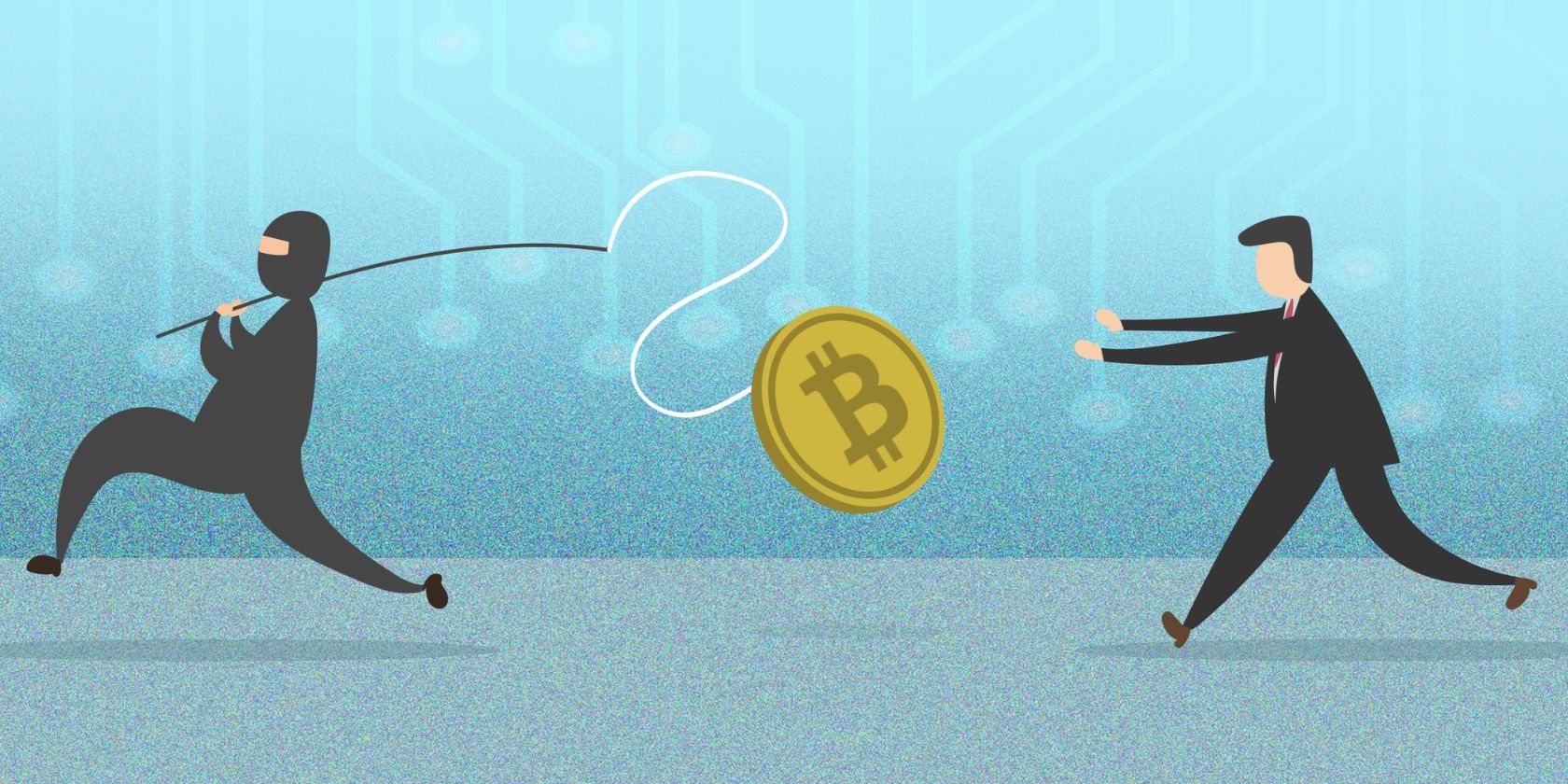If someone hacks your bank account, steals your wallet or uses your payment card without your permission, it’s usually standard procedure to notify the police. But if someone steals your cryptocurrency, will the police be able to help? Can the authorities recover your stolen funds, or is it a lost cause?
Can the police find stolen crypto?
It’s no secret that the police can find stolen crypto assets. In fact, there have been many cases where the authorities have recovered stolen cryptocurrency.
In November 2022, the FBI seized over 50,000 Bitcoin, amounting to an incredible $3.36 billion. The Bitcoin was stolen years before by James Zhong from the infamous Silk Road market. It took over a decade for the stolen funds to be identified and recovered by authorities, but it was a successful investigation.
The year before, in 2021, $2.3 million worth of crypto was recovered, previously paid as a ransom in the Colonial Pipeline ransomware attack. The recovered crypto was about 85% of the total ransom paid, a huge win for the US Department of Justice.
As you can see, these cases of crypto recycling often involve millions or billions of dollars in crypto. So what about the average person who loses a few hundred or a thousand dollars in a crypto scam or attack?
Why isn’t all stolen crypto found?
While the police recover stolen crypto in certain scenarios, this is certainly not the case in general.
Cryptocurrency and traditional money work in very different ways. While traditional money comes in paper form, which is then digitally represented in online payments, cryptocurrency is and has always been completely virtual.
Cryptocurrency is more anonymous than traditional money. On the blockchain, transactions are not recorded with the names of the individuals involved. The wallet addresses are displayed instead. Without the ability to instantly uncover a merchant’s identity, police must go through an additional process to link the wallet address to a name.
If the police are successful, they stand a chance of tracking down the individual, which could lead to the recovery of stolen funds.
But many police departments are still not well versed in cryptocurrency crimes or lack the personnel to tackle them. While crypto has been around since 2009, it didn’t reach the heights of its popularity until 2021. From here, the number of crypto-related scams skyrocketed, with law enforcement scrambling to understand this kind of virtual asset so that crimes could be properly investigated and solved.
The police’s lack of crypto-fluency is highlighted in a story reported by Wired in 2022.
In this story, an individual named Chris Golas was unable to get the police to help with their lost cryptocurrency. Golas ran into trouble when he tried to exchange deposited funds on a platform called Digifox in April 2022. Shortly after noticing this problem, Golas was notified by Digifox that the platform would close, but still could not withdraw his deposited funds.
Golas was eventually blown off by Digifox’s customer service team, despite the initial response. When Golas reported this incident to the police, he was told by an officer that while they had heard of typical financial scams, crypto scams were like a “foreign language”. Even after explaining the incident in great detail, Golas never received any follow-up.
This story shows how challenging it can be to get any support when you experience crypto theft.
That’s not to say that smaller crypto theft cases aren’t picked up at all. In July 2023, an Iowa resident lost $6,600 in a Bitcoin ATM scam, and police launched an investigation into the incident.
Many other people have also been assisted by the police in crypto crimes. What is important to note here is that many police departments are not highly skilled in tackling cryptocrimes and may not have the time or money to investigate this new type of scam.
The challenge of privacy coins
While Bitcoin, Ethereum and many other cryptocurrencies are pseudonymous and traceable, privacy coins go against the grain.
A privacy coin focuses on user privacy, security and most importantly anonymity. They can still be traded like cryptocurrencies, but privacy coins have additional features to keep you safe.
Take Monero (XMR), which uses stealth addresses and ring signatures to mask crypto wallet addresses and ward off detection. ZCash, Dash, Verge and Decred are other examples of privacy coins that offer higher levels of privacy than typical cryptocurrencies.
While many like the added privacy of privacy coins, they are a problem for law enforcement. Many cybercriminals now use privacy coins to launder money because they are so difficult to detect. With crypto addresses being hidden, the police have a difficult time starting the tracing process, let alone finding and recovering stolen funds.
Should You Report Stolen Crypto to the Police?
If you have become the victim of crypto theft, it is wise to report the incident to the police. This at least gives you a chance to have your case picked up and investigated.
But there is no guarantee that your report will be taken seriously here. Additionally, recovering your stolen crypto is not set in stone, even if the police do an investigation. If you’re dealing with a small police department or a flawed police department, your chances are probably even slimmer.
Because of this, you should not rely on the police to find your stolen cryptocurrency. There are other ways you can track your crypto including:
Contact your crypto exchange. Contact your wallet provider. Consult a crypto hunting service.
Even if you follow every possible way, you still don’t know if you will get your hands on your stolen funds. Thousands of people have already fallen victim to crypto scams, with many of them never seeing their assets again.
Your stolen crypto could be a lost cause
It’s hard to admit, but many crypto theft cases remain unsolved forever, whether due to negligence, lack of resources, or the complex nature of the crime itself. This is why it is important to research the crypto platforms you want to use and opt for the safest wallets you can find.
Disclaimer for Uncirculars, with a Touch of Personality:
While we love diving into the exciting world of crypto here at Uncirculars, remember that this post, and all our content, is purely for your information and exploration. Think of it as your crypto compass, pointing you in the right direction to do your own research and make informed decisions.
No legal, tax, investment, or financial advice should be inferred from these pixels. We’re not fortune tellers or stockbrokers, just passionate crypto enthusiasts sharing our knowledge.
And just like that rollercoaster ride in your favorite DeFi protocol, past performance isn’t a guarantee of future thrills. The value of crypto assets can be as unpredictable as a moon landing, so buckle up and do your due diligence before taking the plunge.
Ultimately, any crypto adventure you embark on is yours alone. We’re just happy to be your crypto companion, cheering you on from the sidelines (and maybe sharing some snacks along the way). So research, explore, and remember, with a little knowledge and a lot of curiosity, you can navigate the crypto cosmos like a pro!
UnCirculars – Cutting through the noise, delivering unbiased crypto news








